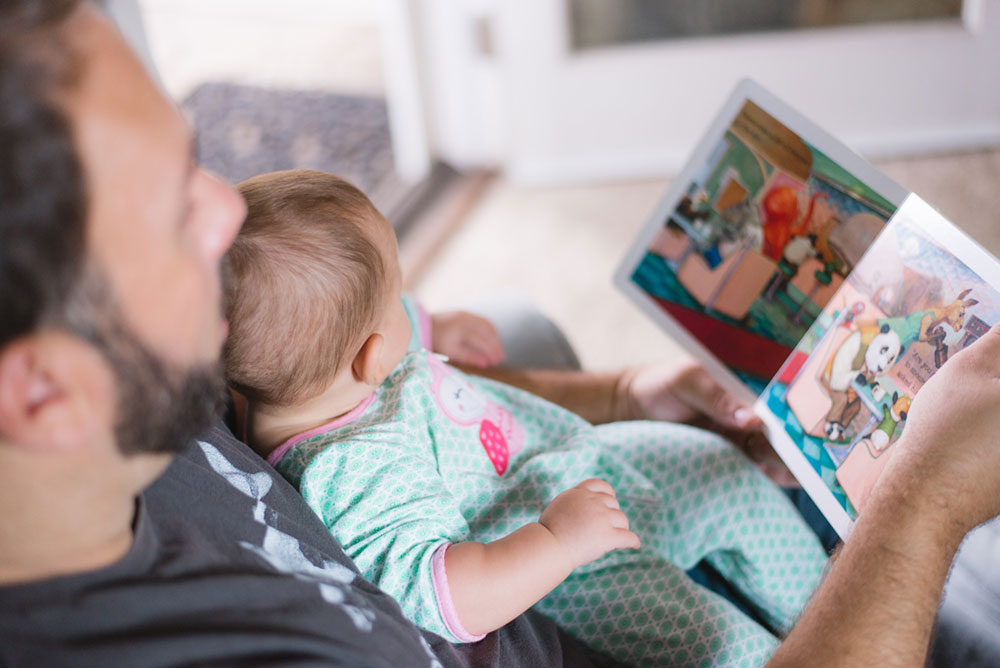Child development is the study of how children grow and learn. Early learning is the study of how children learn things like language or how to count.

The domains of child development and early learning are different areas of research that study how children grow and learn from birth to age 8. One way to think of it is that child development is more about the physical changes that happen to children as they grow, like getting taller or learning to walk. Early learning is more about how children learn things like language or how to count. But both areas are connected, and researchers often study both at the same time.
Different fields of study use different ways of categorizing the different aspects of child development, but it is important to remember that all of these aspects are interconnected and affect each other. It is important for everyone working with children to be aware of all the different aspects of kids education, so that we can better support children’s overall development and learning.
There are five key domains of child development and early learning: physical, cognitive, language, socioemotional, and approaches to learning. Each domain contains skills and concepts that are important for children to learn. The domains are interconnected, which means that skills and concepts in one domain can affect skills and concepts in another domain. For example, socioemotional competence is important for self-regulation, as are certain cognitive skills, and both emotional and cognitive self-regulation are important for children to be able to exercise learning competencies.
COGNITIVE DEVELOPMENT
Cognitive development is the study of how the mind develops. Researchers study how people learn by looking at how they think and how they solve problems. Studies of early cognitive development have found that infants and young children are competent, active, and insightful learners from a very early age. They are able to learn from the actions and words of other people, and they respond to cues that indicate what an adult is trying to communicate.
Implicit Theories
An important discovery about the developing mind is that very young children are already starting to unite disparate observations or discrete facts into coherent conceptual systems. This means that they are not simply passive observers, registering the superficial appearance of things. Instead, they are building explanatory systems—implicit theories—that organize their knowledge. These theories contain causal principles and causal relations, which enable children to predict, explain, and reason about relevant phenomena and, in some cases, intervene to change them.
Theory of Mind
Children first have a relatively simple theory of mind. They are aware of some basic characteristics: what people are looking at is a sign of what they are paying attention to; people act intentionally and are goal directed; people have positive and negative feelings in response to things around them; and people have different perceptions, goals, and feelings. Children add to this mental map as their awareness grows. From infancy on, developing theory of mind permeates everyday social interactions—affecting what and how children learn, how they react to and interact with other people, how they assess the fairness of an action, and how they evaluate themselves.
Sensitivity to Teaching Cues
In one study researchers found that when babies saw an adult reaching for an object, they were more likely to remember the location of the object than the object itself. However, when babies saw an adult pointing to an object, they were more likely to remember the object itself than the location.
Children learn better from a person on a video screen if that person is interacting with them than if they are just watching a prerecorded video. This is because the person on the screen can communicate with them and provide social cues, such as back-and-forth conversation, that are not possible in prerecorded videos.
Read more about child development and early learning on ncbi.nlm.nih.gov.